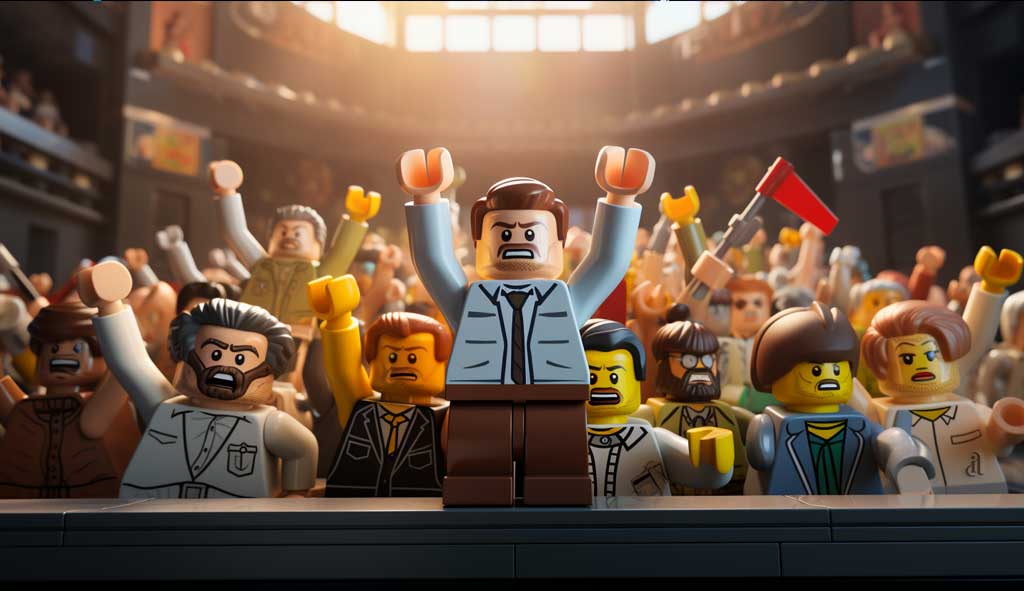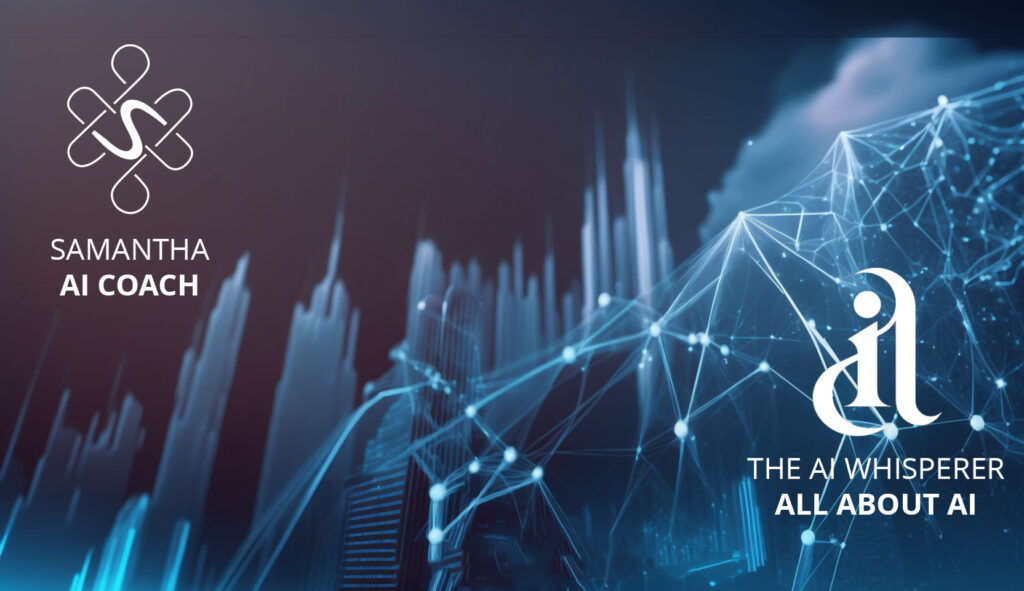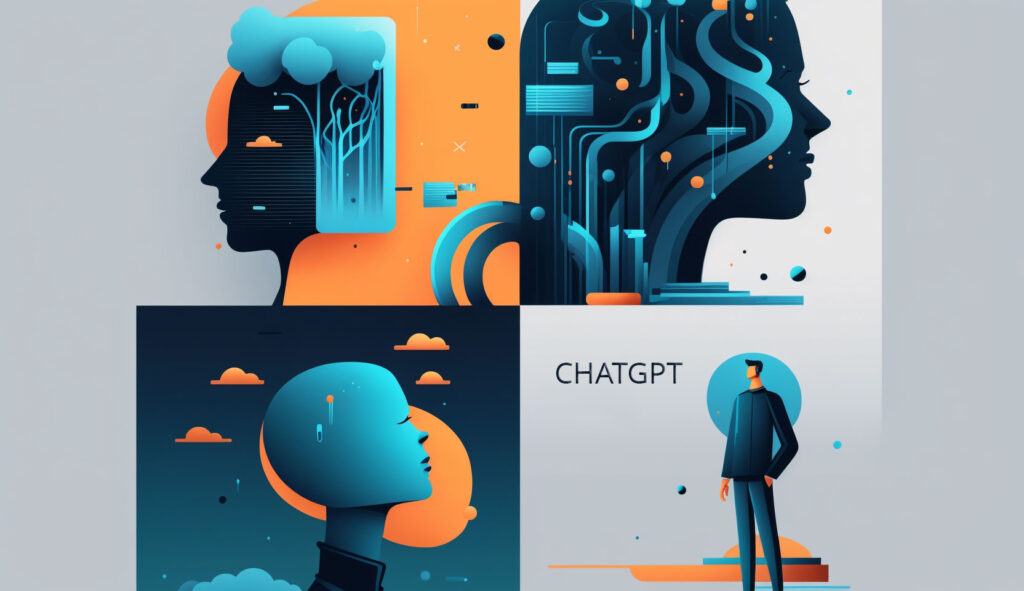In a recent interview published by Variety, the creative mastermind behind the critically acclaimed series Breaking Bad and Better Call Saul, Vince Gilligan, shared his profound disapproval regarding the pervasive implementation of artificial intelligence (AI) in the realm of Hollywood entertainment. This discussion arrives at a critical juncture when concerns about potential job displacement and the influence of AI on creative processes have reached a crescendo.
The tumultuous labor disputes that have beset the entertainment industry, known as the SAG-AFTRA strikes, have contributed to a sense of anxiety and uncertainty among professionals, with screenwriters at the epicenter of these concerns. The fear of AI supplanting their creative endeavors continues to fuel heated debates. Although the strike has now concluded, the dialogue surrounding AI’s place in Hollywood persists.
Gilligan’s sentiments on the matter are profound — while he does not outrightly oppose the concept of AI, he harbors reservations about its employment as a replacement for human creativity. The trend of increasing reliance on AI in the entertainment industry is cause for remorse in Gilligan’s eyes. He discerns underlying motivations that ultimately favor utilizing AI as a cost-effective means of further enriching the already wealthy executives in Hollywood. Furthermore, Gilligan laments that current iterations of AI, such as the infamous ChatGPT, inadvertently transform into veritable factories of replication, thereby exacerbating a problem of immense proportions.
The award-winning creator perceives AI as an ingenious marketing ploy, an artful ruse designed to peddle programs like ChatGPT as paragons of intelligence. Momentous contemplation ensues, questioning the very essence of AI’s ability to genuinely comprehend the written word in all its intricacies. From Gilligan’s perspective, what AI truly achieves is the execution of preordained commands, akin to a toasted bread emanating from a toaster. He ardently asserts that there exists no mysterious sorcery behind the veil of AI, rather a calculated orchestration to dazzle and captivate impressionable minds.
While Gilligan concedes that AI may prove valuable in select fields like legal contexts, he remains steadfast in his conviction that AI will never supplant the efficiency with which human imagination and creativity thrive.
Gilligan humbly acknowledges the potential fallibility of his viewpoints, expressing gratitude for any improvements or safeguards brought forth by the labor strikes. However, he candidly confesses to harboring a particular phobia concerning the utilization of deceased actors‘ visages, contending that their on-screen presence should respectfully conclude upon their passing.
In a resounding finale, Gilligan asserts, „Overall, it appears as though technological advancements are not unequivocally bettering our world, despite the assurances peddled by those vested in its propagation. Rather, it is fostering division and distraction amongst us.“ The question thus beckons – do you share in Vince Gilligan’s apprehensions, or should we embrace AI as an alternative or perhaps an elevation of human creativity?


